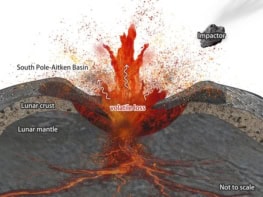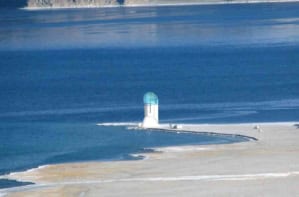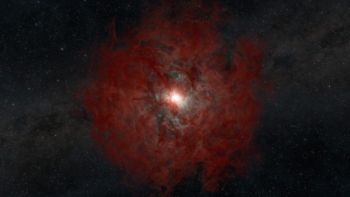Europe has become too dependent on the US for technology, according to a new report from the European Space Agency (ESA). Its long-term space policy committee proposes that ESA should increase spending on a wide range of areas, including a new reusable launcher to replace the Ariane rocket, a European global positioning system, and new space defence capabilities. The committee also recommends that ESA should fund physics experiments on the international space station and give higher priority to looking for Earth-like planets around other stars.
ESA’s ruling body – the council of ministers – will meet later this month to discuss the agency’s budget for the next four years. Antonio Rodotà, ESA’s director general, will ask ministers for a total of Euro 1.85bn (about £1.2bn) for the science programme and a further Euro 759m for the Earth observation programme during this period. He will also call for annual rises in ESA’s budget, which has fallen by 15% to Euro 2650m since 1995.
The report – Beyond 2000: Investing in Space for Europe – contends that Europe needs ambitious long-term space projects to justify its “leading political and economic role” in the world. It argues that unless action is taken to develop programmes in core technologies, Europe’s prosperity will decline. For example, there are at least a dozen public or privately funded projects to develop a cheap reusable launcher in the US, but none in Europe.
It also suggests that Europe should have a single body for regulating telecommunications. This, the report says, would give Europe the same weight as the US when international frequency allocations are being negotiated. Another major goal will be Galileo, the European global positioning system. Galileo already has provisional funding approval and will be ESA’s first joint public-private partnership since the failure of EuroMoon 2000 – a lunar orbiter and lander – last year.
The report also suggests a radical incentive to get astronomers to look for asteroids that could collide with Earth: an annual prize to the European astronomer who discovers the biggest and nearest object. Meanwhile, Europe should consider setting up a permanent presence on the Moon, including the construction of remotely operated lunar radio telescopes.
ESA should also consider increasing its support for public information programmes as Europeans have very low awareness of the agency. It points out that only 1 in 10 Parisian taxi cab drivers know of ESA, while 9 in 10 have heard of UNESCO. Finally, it suggests that the agency should set up a European Space Policy Institute to discuss and analyse Europe’s long-term prospects in space. The programmes would cost Euro 57.8m this year to set up.



